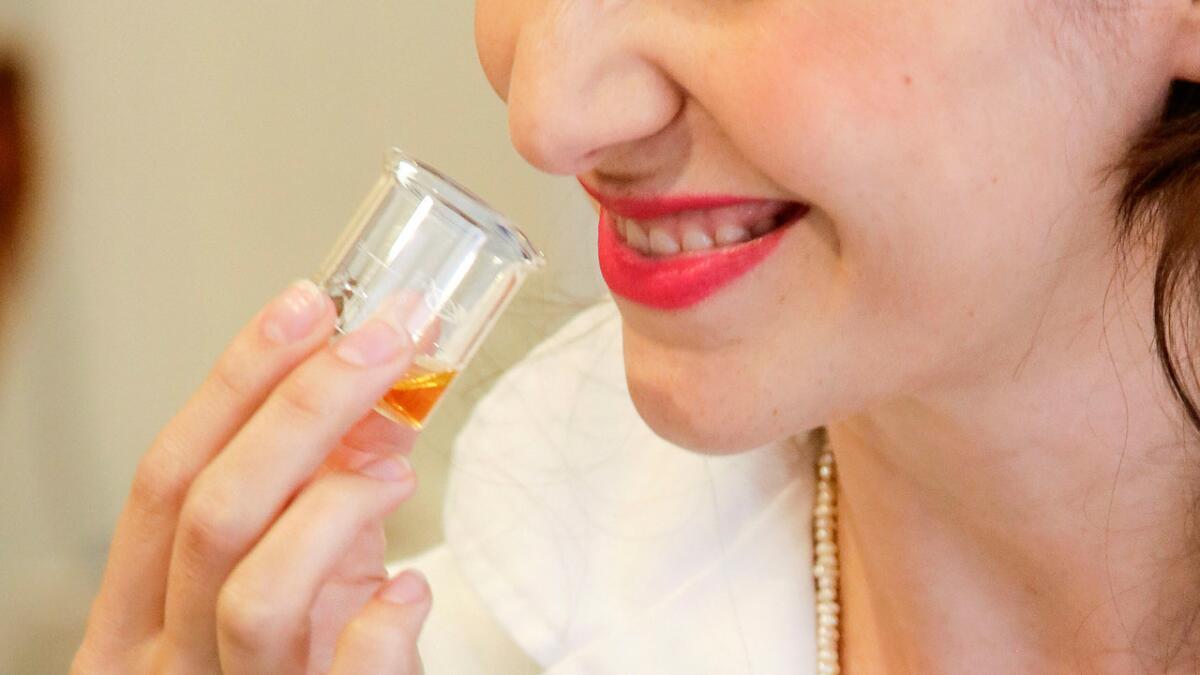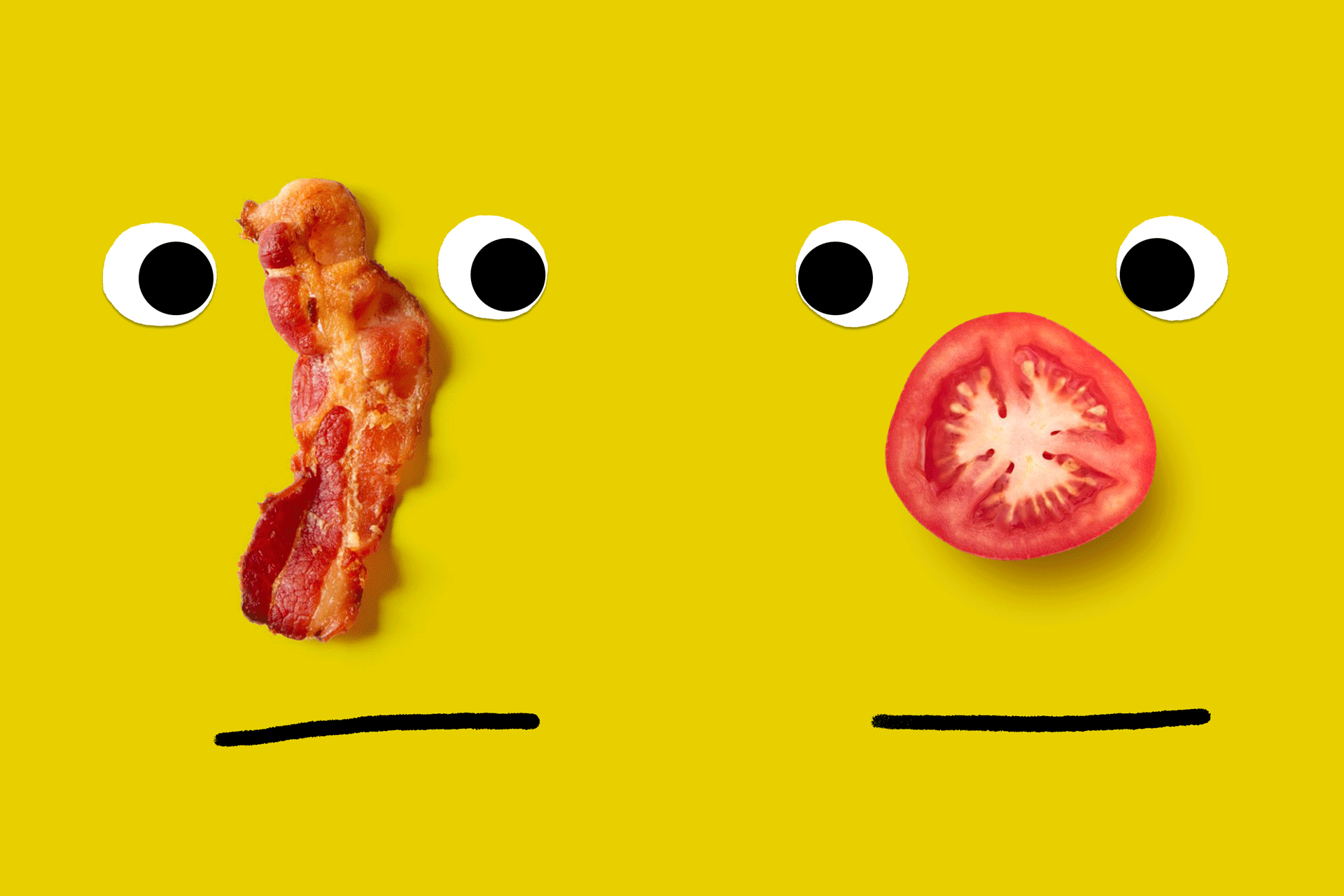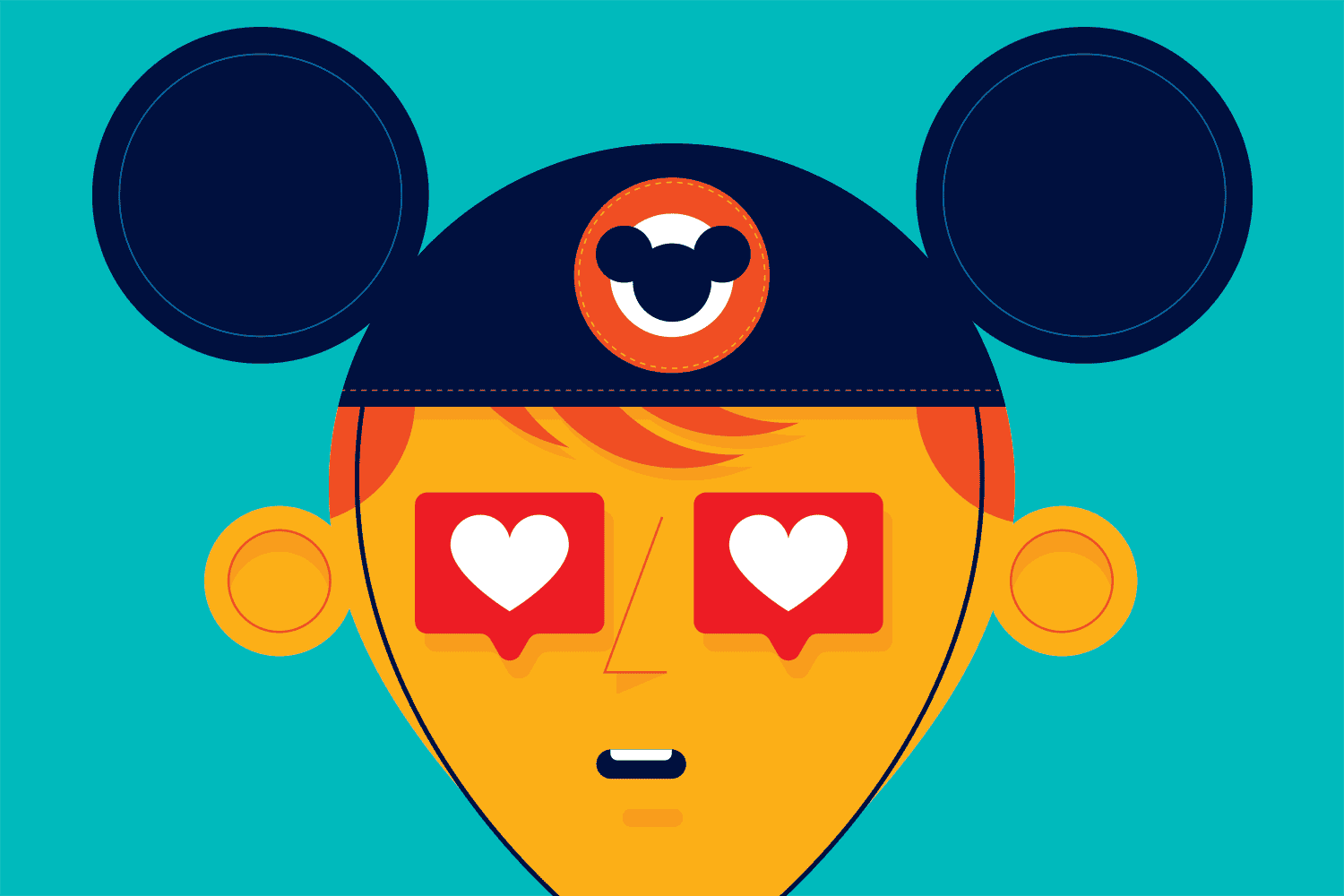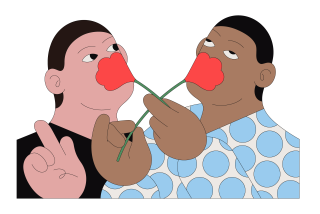The human nose has been underrated for 150 years, but science is setting the record straight

- Share via
For far too long, we humans have suffered from an olfactory inferiority complex.
We’ve been led to believe that our sense of smell is sadly deficient compared with our mammalian cousins such as rodents and dogs.
What does the world smell like to a bloodhound, we might wonder. What scents — glorious or gross — can a twitchy little mouse nose detect that are passing right by us?
You can stop wondering because it turns out that our sense of smell is not so bad after all.
In fact, there is no evidence that our sniffing abilities are any worse than those of other mammals, according to a study published Thursday in Science.
Absolutely none.
The title of the study says it all: “Poor human olfaction is a 19th-century myth.”
“This paper sweeps away a few centuries of insecurity about our capacity to smell,” said Leslie Vosshall, who studies olfaction at Rockefeller University in New York City.
Vosshall, who was not involved in the research, added: “This work is important both for the field and as a cautionary tale for scientists to question everything — and for all of us to take some time to smell the roses.”
The paper was written by John McGann, a sensory neuroscientist at Rutgers University in New Jersey. McGann has spent most of his career studying the olfactory system in mice, but recently he decided to see whether he could translate some of the work he was doing with rodents into humans.
In one of the first experiments, he wanted to test how people learn to distinguish between two similar odors.
But there was a hitch: Finding two odors that the human subjects couldn’t tell apart already proved more challenging than McGann and his students expected.
Even when they used two odors that mice consistently struggle to differentiate, humans had no trouble figuring out that they were not the same. This suggested that at least in some cases, our olfactory abilities trump those of mice.
“I’d always kind of known that the human sense of smell was better than most people give it credit for, but it was striking to us how good it was,” McGann said.
And so his curiosity was piqued: Where did the idea that people have shoddy sniffers originate? And what proof was there that it was true?
To find out, he launched an investigation that led him to 150-year-old medical texts, the early work of Sigmund Freud as well as some contemporary scientific studies.
McGann traced the idea that humans are bad smellers back to Paul Broca, a prominent 19th-century neurosurgeon and anthropologist from France.
Broca’s work on comparative neurobiology led him to believe that our ability to exercise free will came at the expense of being able to smell as well as other animals.
He came to this conclusion in part by observing that the region of the brain he identified with rational thought — the frontal lobe of the cerebral cortex — is relatively enlarged in humans compared to other mammals. He also noted that the two areas of the brain that process smells — known as the olfactory bulbs — are relatively smaller in humans than in other mammals.
In 1879, Broca divided animals into two groups. Most were classified as osmatics, or those that use smell as their principal sense. Those that didn’t were non-osmatics.
Broca put humans in the non-osmatic category — but not because we can’t smell well. Rather, it was because he believed we are able to choose whether to respond to smelly stimuli.
In 1890, another researcher named William Turner subdivided Broca’s non-osmatic group into two additional categories — species that can’t smell at all (like whales and dolphins) and those he deemed feeble smellers (humans and apes).
But at the time, McGann emphasized, Turner had no evidence that humans were actually any worse at smelling than species in the osmatic group.
It didn’t matter. By then, the idea that humans are deficient in the olfactory department had begun to stick.
In 1924, American neurologist C.J. Herrick wrote that the olfactory organs of humans are “greatly reduced, almost vestigal.”
Herrick also claimed that we could not even begin to imagine what the world must smell like to other animals. “The enormously larger apparatus of most other mammals gives them powers far beyond our comprehension,” he wrote.
British surgeon Sir Victor Negus piled on in 1958, writing: “The human mind is an inadequate agent with which to study olfaction for the reason that in Man the sense of smell is relatively feeble and not of great significance.”
Even Freud jumped on the bandwagon. He claimed that smell is “usually atrophied” in humans and that people who took pleasure in scents were more animalistic, and therefore more likely to suffer from sexual disorders.
To be fair, there is some biological evidence that might, at first glance, bolster the argument that our sense of smell doesn’t stack up.
For example, our olfactory bulbs take up much less total brain space than they do in mice. These smelling centers comprise 0.01% of the human brain by volume, compared to 2% of the mouse brain.
But that argument is not entirely convincing, McGann wrote. Because our brains are much larger than mouse brains, the human olfactory bulb is more than four times larger than its murine counterpart.
Another justification for our poor smelling ability came more recently in the form of genetic analysis. Scientists have determined that humans have approximately 400 genes activated by odors, compared with about 1,000 in mice. This finding was immediately used to confirm the comparatively limited olfactory ability in primates, McGann wrote, “although no actual sensory testing was performed.”
Meanwhile, a few recent studies have started to make the case that the human sense of smell is actually very robust.
In 2014, Vosshall’s lab revealed that humans could distinguish 1 trillion distinct smells. Before that, the prevailing wisdom held that humans were capable of smelling only 10,000 odors. That idea had first been floated by an influential study in 1927 by chemical engineer Ernest C. Crocker and never tested.
Other studies have shown that humans are capable of tracking scent trails outdoors, similar to dogs. They’ve also found that humans can be more sensitive to some smells than rats and monkeys, and worse at detecting other smells.
Indeed, McGann noted that if you count the number of neurons in the olfactory bulbs in a variety of animals, you’ll find that human males have the least, then mice, hamsters, guinea pigs, human females, macaques, monkeys and finally, rats.
Overall, McGann concluded that our sense of smell is excellent and that humans with intact olfactory systems can detect virtually all volatile chemicals larger than an atom or two.
In fact, he said, scientists are working to identify the few odorants we can’t smell.
So hopefully all this will make you feel better about your nose — though it may not inspire much confidence in sensory science.
“How could so many scientists have shrugged and went along with it, even though there was no actual testing?” McGann said. “That’s what really bothers me.”
Do you love science? I do! Follow me @DeborahNetburn and “like” Los Angeles Times Science & Health on Facebook.







